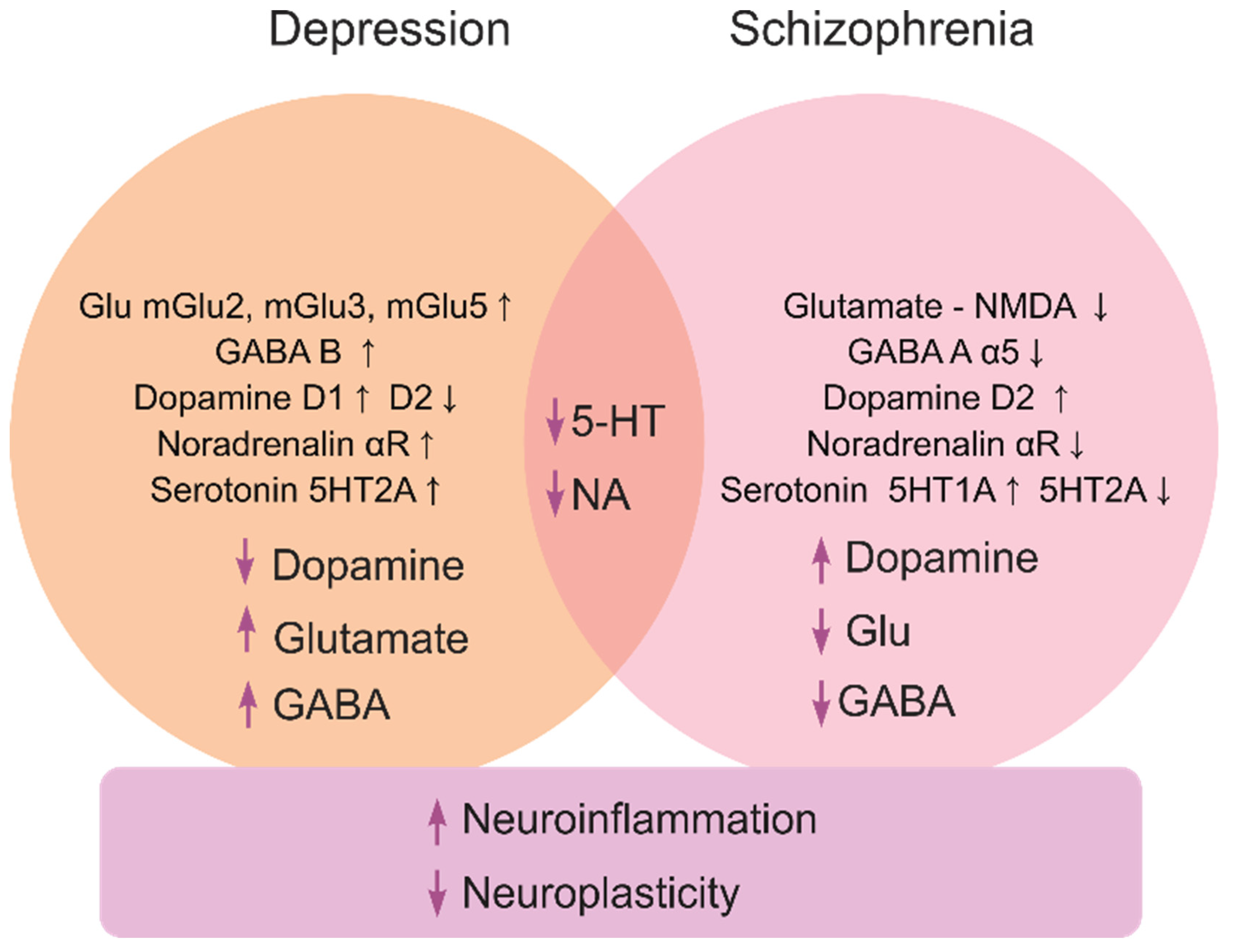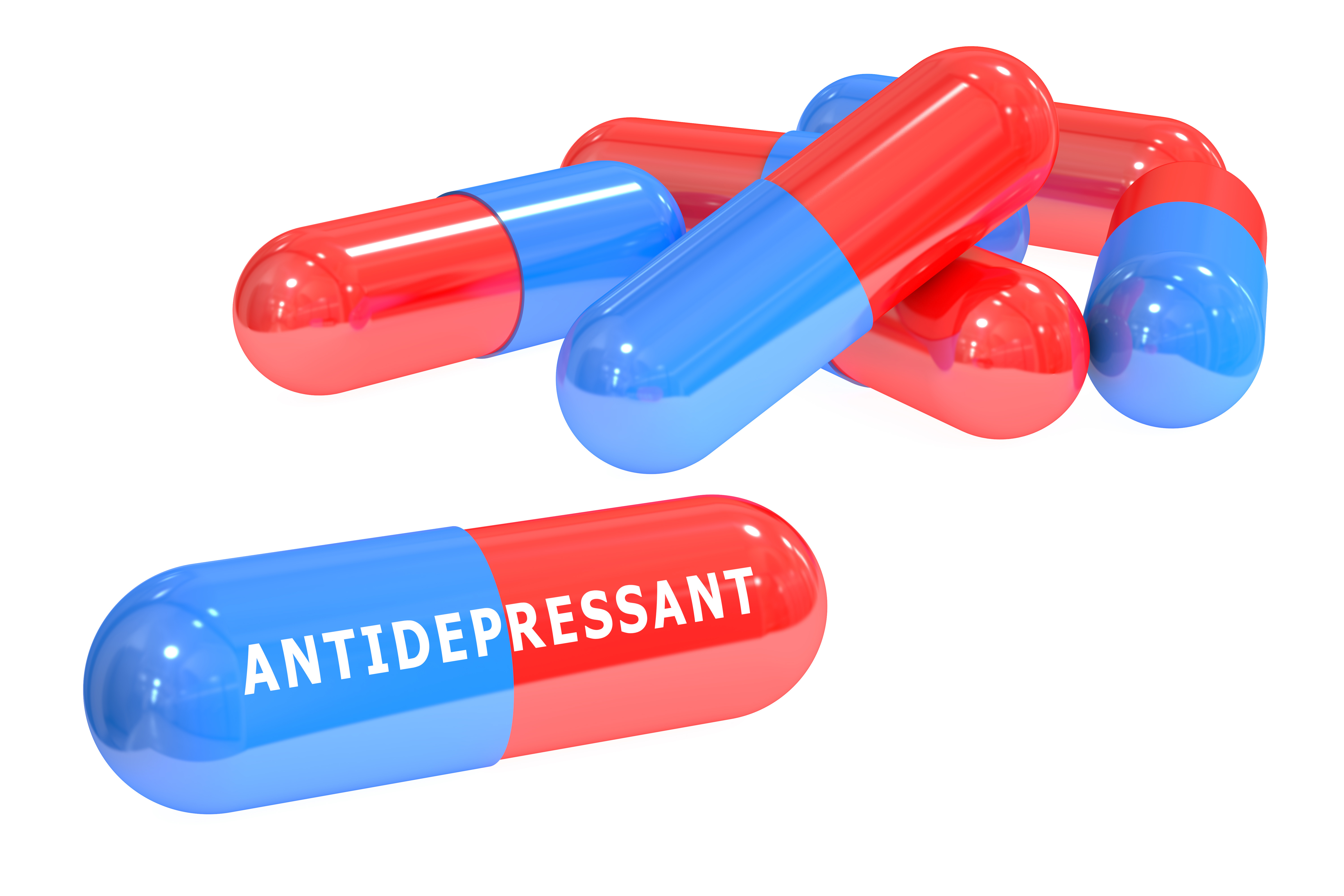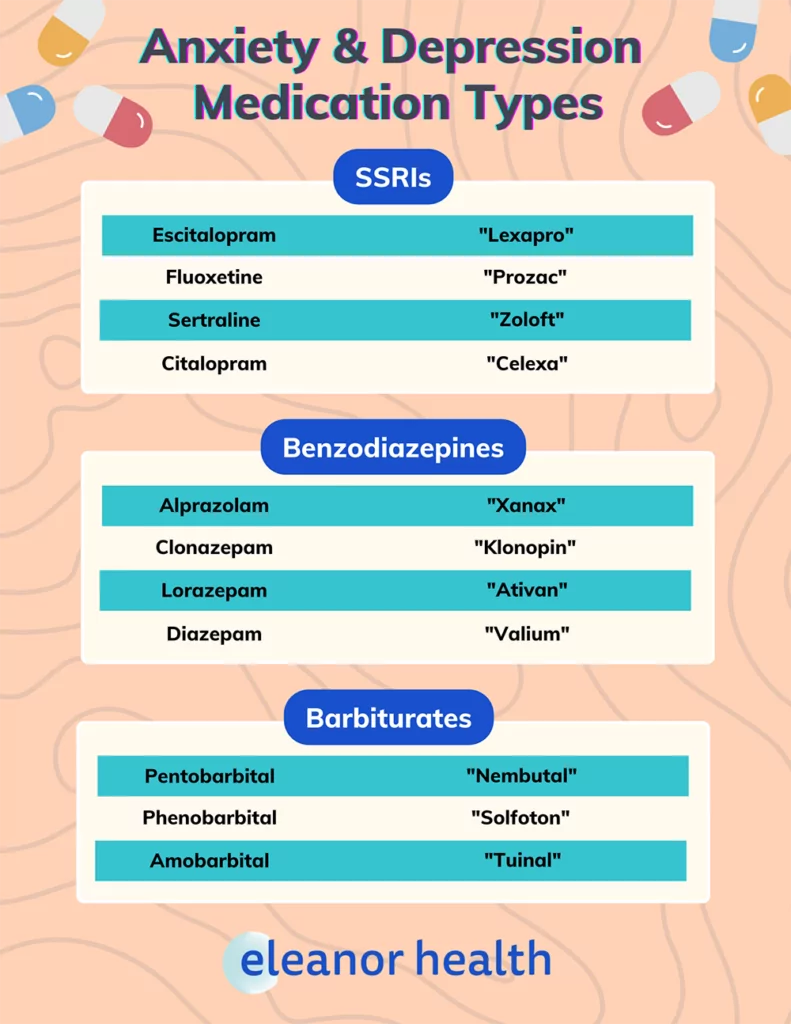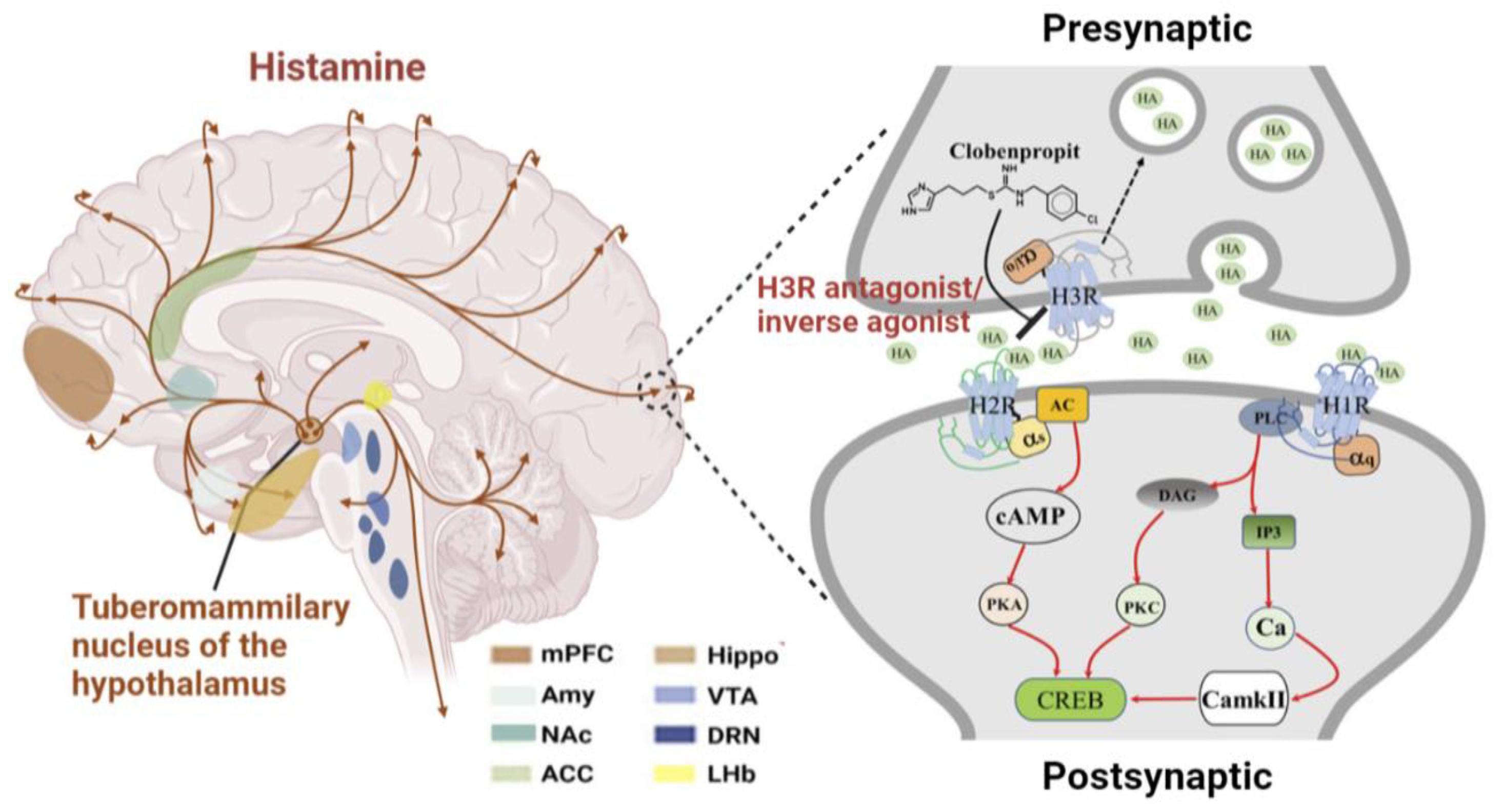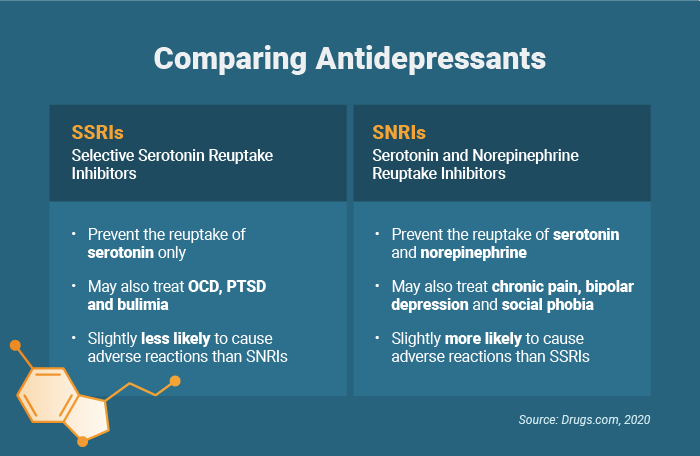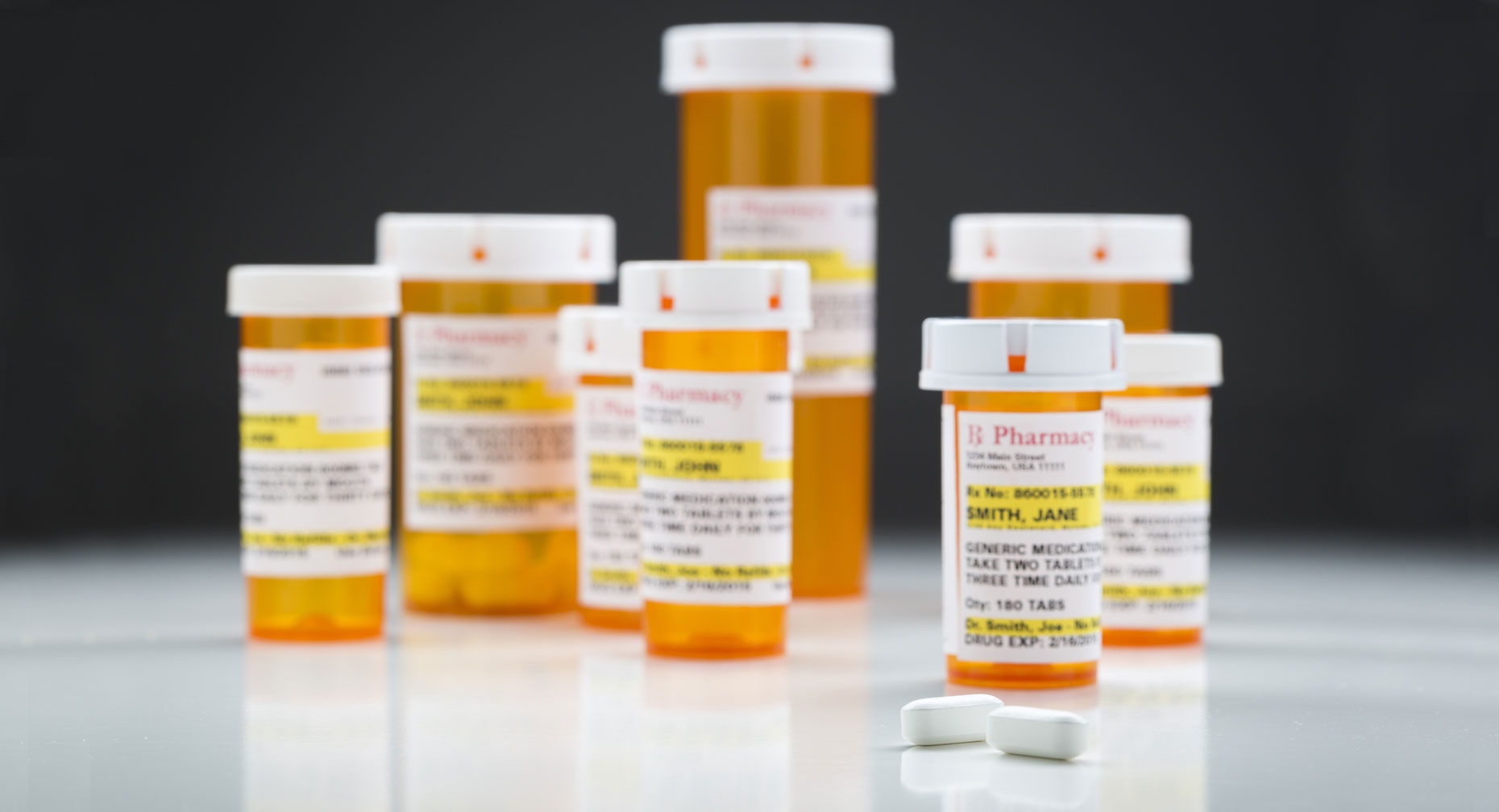Wellness Pharmaceuticals Has Released A New Antidepressant

The landscape of mental health treatment is poised for a potentially significant shift as Wellness Pharmaceuticals has officially launched its novel antidepressant, Serenity. This announcement arrives amidst a rising tide of individuals grappling with depression and anxiety disorders, signaling a critical moment for both patients and the medical community.
Serenity, a selective serotonin reuptake inhibitor (SSRI) with a unique formulation, promises to offer relief from depressive symptoms with a potentially improved side effect profile compared to existing medications. Its arrival has sparked a complex debate, balancing hope for more effective treatment against the need for rigorous evaluation and careful patient management.
A New Hope for Millions?
Wellness Pharmaceuticals claims Serenity utilizes a novel drug delivery system that targets specific brain regions with greater precision. This innovative approach aims to maximize therapeutic effects while minimizing common SSRI side effects like nausea, sexual dysfunction, and weight gain, which often lead to treatment non-adherence.
According to a press release from Wellness Pharmaceuticals, the company conducted three Phase III clinical trials involving over 2,000 participants diagnosed with moderate to severe major depressive disorder. These trials, results of which were published in the Journal of Clinical Psychiatry, demonstrated a statistically significant reduction in depressive symptoms as measured by the Montgomery-Åsberg Depression Rating Scale (MADRS) compared to placebo.
Dr. Anya Sharma, Chief Medical Officer at Wellness Pharmaceuticals, emphasized the potential impact of Serenity. "We believe Serenity represents a significant advancement in the treatment of depression. Our goal is to provide patients with a medication that not only effectively alleviates their symptoms but also improves their overall quality of life," she stated.
The Importance of Cautious Optimism
While the initial data appears promising, experts urge a measured approach. The introduction of any new antidepressant requires careful consideration of potential risks and benefits.
Dr. David Chen, a psychiatrist at the National Institute of Mental Health (NIMH), commented on the need for continued monitoring. "New medications are always welcome, but it's crucial to remember that every patient responds differently. Long-term studies and real-world data collection are essential to fully understand the efficacy and safety profile of Serenity," he explained.
The Food and Drug Administration (FDA) approved Serenity under a standard review process. The FDA website states that it will actively monitor post-market surveillance data to track any adverse events associated with the drug.
Weighing the Potential Benefits
The documented benefits of Serenity observed in clinical trials are primarily centered on symptom reduction. Study participants reported improvements in mood, sleep patterns, and energy levels. Serenity is also reported to have less common side effects than its predecessors.
One aspect that stands out in the research is the claim of improved adherence. Because of the improved side effect profile, people are more likely to stick with their antidepressant prescriptions. The claim suggests that this could significantly impact treatment outcomes over the long term.
This is particularly crucial considering the high rates of treatment discontinuation associated with existing antidepressants. Many patients stop taking their medication due to intolerable side effects, leading to relapse and worsening of their condition.
Potential Risks and Concerns
Despite the promising data, Serenity is not without potential risks. The clinical trials identified some common side effects, including headache, insomnia, and mild gastrointestinal distress, although these were generally reported to be less severe than those associated with other SSRIs.
There is a black box warning associated with all antidepressants, including Serenity, regarding an increased risk of suicidal thoughts and behaviors in children, adolescents, and young adults. Prescribing information emphasizes the need for close monitoring of patients, especially at the beginning of treatment and during dosage adjustments.
Concerns have also been raised about the long-term effects of Serenity, as the clinical trials only spanned a relatively short period. Further research is needed to evaluate the drug's impact on brain function and overall health over an extended timeframe.
The Patient Perspective
For individuals struggling with depression, the introduction of Serenity offers a glimmer of hope. Many patients have expressed a willingness to try new treatment options, particularly if they offer the promise of fewer side effects.
"I've been on antidepressants for years, and the side effects have been a real struggle," shared Sarah Miller, a patient advocate with the Depression and Bipolar Support Alliance (DBSA). "If Serenity can provide relief without the debilitating side effects, it could be a game-changer for many of us."
However, patients also emphasize the importance of informed decision-making and open communication with their healthcare providers. It is important to discuss the risks and benefits. Patients also need to consider alternative options, before starting any new medication.
Looking Ahead: The Future of Depression Treatment
The launch of Serenity marks an important step forward in the ongoing quest to improve mental health care. It underscores the importance of continued research and innovation in the development of more effective and tolerable treatments for depression.
Dr. Chen from NIMH stresses the need for a multi-faceted approach. "Medication is just one piece of the puzzle," he stated. "We need to continue investing in research on psychotherapy, lifestyle interventions, and other complementary therapies to provide patients with a comprehensive and personalized treatment plan."
As Serenity becomes more widely available, real-world data collection will be critical to assess its long-term efficacy, safety, and impact on patient outcomes. Only through rigorous evaluation and ongoing monitoring can we truly determine the value of this new antidepressant and its place in the evolving landscape of mental health treatment.

